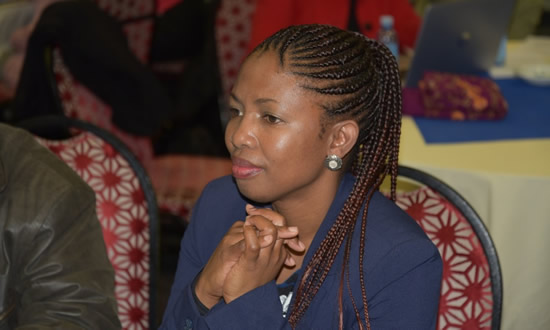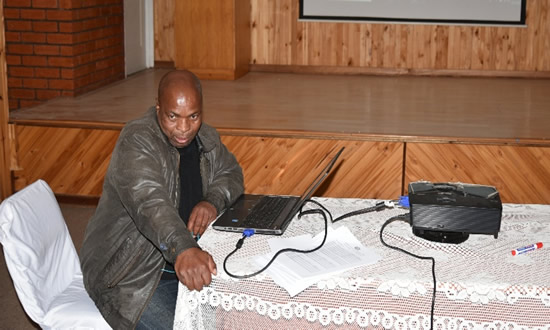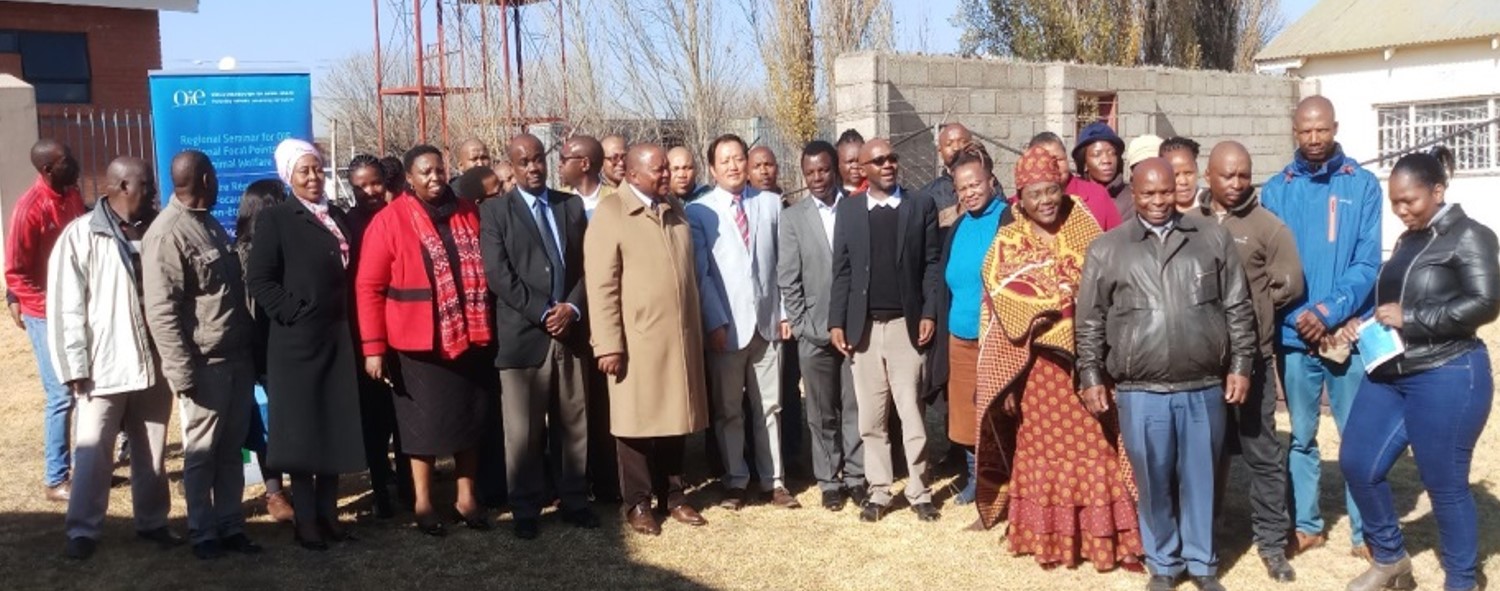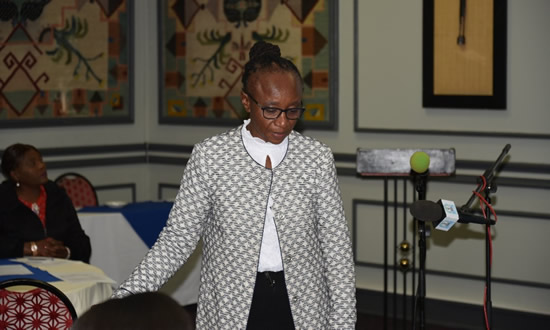



As part of a larger intervention, the Tripartite (OIE, WHO and FAO) assisted Lesotho in organizing a week-long workshop to carry out a situational analysis on antimicrobial resistance (AMR) in Lesotho for 18 to 22 March 2019.
The aim of the workshop was to initiate the development of a One Health National Action Plan (NAP) for Antimicrobial Resistance in line with the Global Action Plan, taking the first step in analyzing the current situation.
The specific objectives of the overall intervention were to:
i. Guide the conduct and completion of a situational analysis on AMR.
ii. Facilitate the development and documentation of the Lesotho NAP-AMR including:
a. The elaboration of an operational plan with budgetary estimates.
b. Monitoring and evaluation framework with clear indicators with baselines and targets.iii. Present the draft NAP-AMR for stakeholder validation before finalisation.
The workshop in Maseru addressed the first point i., i.e.conduct and complete a situational analysis on AMR
The workshop was attended by 43 persons from a wide range of governmental and private institutions, such as the Ministry of Health, a private pharmacy, the Media Institute of Southern Africa in Lesotho, Ministry of Agriculture and Food Security (MoAFS): crops-, livestock- and veterinary sections, the National Reference Laboratory, Ministry of Water, the Christian Health Association of Lesotho, the National University of Lesotho: health- and veterinary departments, National Health Training College, Lesotho Agricultural College, clinical health services/epidemiology, the Ministry of Finance, the Ministry of Development and Planning, the Clinton Health Access Initiative, and the Tripartite regional and sub-regional representaties.
Misuse of antimicrobials has led to antimicrobial resistance (AMR) with unnecessary deaths and increased cost of treatment in human medicine. AMR affects animal wellbeing and production putting unnecessary stress on terrestrial animals both production animals and companion animals as well as aquatic animals.
Group photograph. Picture (c) O. Valsson (oie) 2019.
The situation is considered even more severe in Sub Saharan Africa compared to more developed regions, where the irrational use of antimicrobials is recognised as a common practice and where antimicrobials are readily available over the counter in some countries and substandard and falsified products are considered a by national authorities a real and immediate problem. These factors are expressed in high number of deaths attributed to AMR each year in the sub-region. Sub-Saharan Africa suffers from a serious lack of systems to promote and enforce rational use of antimicrobials such as lack of legislation and/or weak enforcement of existing laws on antimicrobial use and dispensing, low level of public awareness on the risk of overuse/misuse of antimicrobials, lack of diagnostic capacity to guide treatment and poor access to healthcare systems.
In Lesotho, where infectious diseases such as HIV and lower respiratory tract diseases are among the top four causes of morbidity and within the top ten causes of mortality, proper control of antimicrobials is crucial to minimise the risk, extent and rate of antimicrobial resistance.
Dr Sekesai Zinyowera, WHO consultant and AMR Coordinator Zimbabwe. Picture © O. Valsson (oie) 2019.



